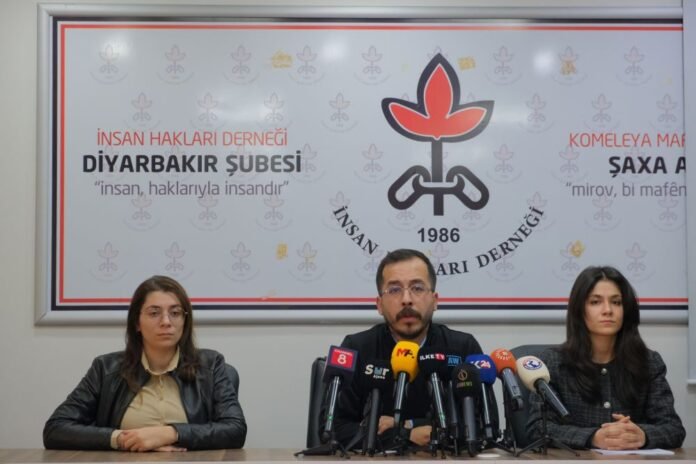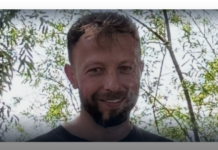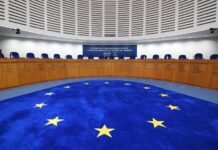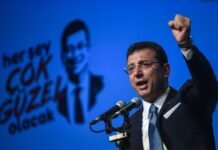Seventeen minors lost their lives and at least 192 child rights violations were recorded in eastern and southeastern Turkey over the past year, the Human Rights Association’s (İHD) Diyarbakır branch said in a report released on Thursday.
In its “2024–2025 Child Rights Violations Report for Eastern and Southeastern Turkey,” the İHD’s Child Commission documented four minors’ deaths due to institutional failure and negligence on the part of the authorities, four from family violence, four in public spaces and five while working. It also recorded one suicide attempt, 51 injuries, 20 cases of sexual abuse and one abduction.
Detentions and arrests also remained a significant concern, with at least 65 minors detained and 11 arrested over the past year. Five children were allegedly subjected to torture or ill-treatment outside official detention facilities.
The commission said the unresolved Kurdish question and the lingering effects of instability in the region continue to prevent children from fully enjoying their rights. It added that structural challenges such as child labor, school dropouts, poverty and insufficient oversight also remain pressing problems.
The Kurdish question, a term prevalent in Turkey’s public discourse that refers to the demand for equal rights by the country’s Kurdish population and their struggle for recognition, was characterized by continuing clashes between the outlawed Kurdistan Workers’ Party (PKK) and Turkish security forces that came to a halt in May, when the PKK announced its dissolution after 40 years.
Founded in the late 1970s by Abdullah Öcalan, the PKK took up arms in 1984, beginning a series of bloody attacks on Turkish soil that sparked a conflict that cost more than 40,000 lives. The group is designated as a terrorist organization by Turkey and its Western allies, including the EU and the US.
The PKK in May announced that it would pursue a democratic struggle to defend the rights of the Kurdish minority in line with a historic call by Öcalan, who has been serving a life sentence in Turkey since 1999. The Turkish Parliament in August established the National Solidarity, Brotherhood and Democracy Commission to oversee the peace efforts. Kurdish civil society groups argue that state pressure on language and cultural institutions has continued, raising concerns about the sincerity and scope of any efforts at normalization.
The commission called for effective investigations into child deaths and allegations of torture or ill-treatment, with accountability for perpetrators. It also urged strengthened social services for children exposed to violence and sexual abuse, full compliance with child rights in all detention and judicial procedures and expanded economic and social support mechanisms to prevent child labor.
A recent report by the İHD found that the Turkish government’s Human Rights Action Plan failed to acknowledge structural and systematic violations of children’s rights and did not propose any effective preventive measures. It warned that the lack of a comprehensive policy has resulted in continued abuses in juvenile justice, child labor and child poverty.















